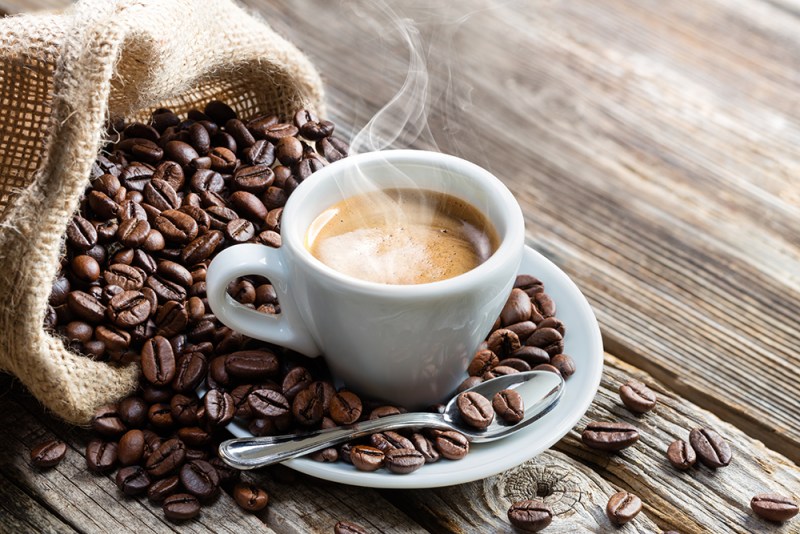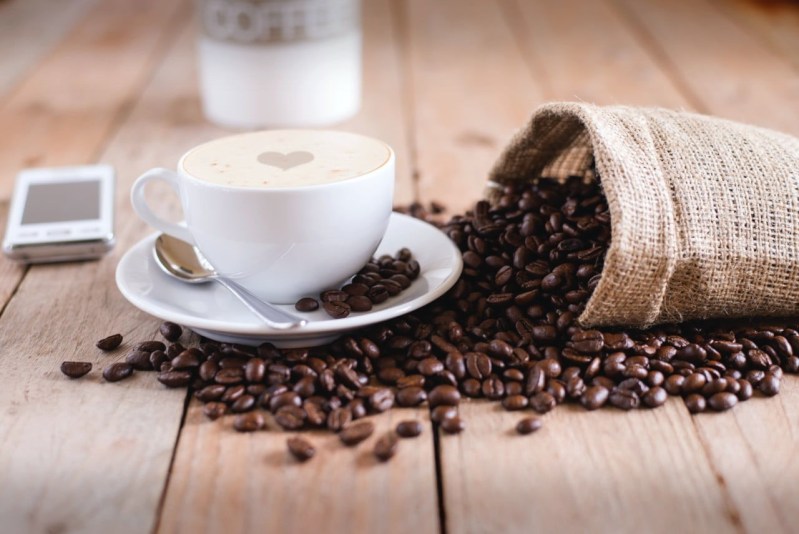If you’re trying intermittent fasting, you’ve probably wondered: Does coffee break a fast? Good news — you don’t have to give up your morning brew. Black coffee is fasting-friendly because it’s nearly calorie-free and won’t spike insulin, meaning you can sip it during your fasting window without losing the benefits.
The catch? Skip the sugar, milk, cream, and flavored syrups — they add calories, raise blood sugar, and can take you out of a true fast.
Why coffee lovers ask this question

Intermittent fasting has become one of the most popular eating patterns in recent years, promising benefits like weight loss, improved insulin sensitivity, better focus, and even enhanced longevity. For coffee drinkers, the thought of giving up their morning cup can feel like a deal breaker — which is why this is one of the most common questions for beginners.
When can you eat while intermittent fasting?

There aren’t any rules regarding specifically when you can and can’t eat while intermittent fasting, nor how long you have to restrict your eating for it to qualify. In fact, intermittent fasting is sort of an umbrella term that can refer to any eating pattern marked by frequent or occasional periods of extended fasting or restricted windows of time when eating can occur.
Some people practice intermittent fasting by fasting a full day one or multiple times per week and then eating normally on other days, whereas a more common style is to restrict your daily feeding time window each day.
For example, most people who practice intermittent fasting achieve their extended fasting period by skipping breakfast and waiting until it is at least midday before they have anything to eat. Then, they have nothing after dinner until a light midday meal again the next day, which means they skip breakfast entirely, and may not have anything at all to drink besides water or plain herbal tea.
Health benefits of intermittent fasting

Proponents of intermittent fasting believe it can be an effective avenue for weight loss and improve other markers of health simultaneously. Furthermore, evidence suggests that intermittent fasting may promote weight loss and reduce the risk of certain chronic diseases, such as heart disease, type 2 diabetes, and Alzheimer’s disease.
Health benefits of drinking coffee

Drinking coffee also has its benefits.
- It can improve mental alertness and help one stay focused because caffeine, the main stimulant in coffee, can block adenosine, a neurotransmitter that promotes sleepiness.
- Caffeine can also increase energy levels and reduce fatigue, which can improve physical performance.
- Coffee may help improve mood and reduce the risk of depression. This is due to caffeine’s ability to increase levels of dopamine and serotonin, neurotransmitters that play a role in mood regulation.
- Coffee drinkers may be at a lower risk of developing liver diseases, such as cirrhosis and liver cancer, according to some studies.
- Additionally, there may be a reduced risk of Parkinson’s disease and Alzheimer’s disease among those who regularly drink coffee, one study says.
What to avoid in your coffee while intermittent fasting

While drinking black coffee is fine during intermittent fasting, adding ingredients such as milk, cream, plant-based milk, sugar, or creamers can impact your metabolism and blood sugar. This, in turn, can disrupt the metabolic benefits you’re striving for by fasting and negate the purpose of intermittent fasting. Therefore, strict intermittent fasting protocols permit black coffee, but additives are off-limits.
Some people do allow coffee with MCT oil or coconut oil while intermittent fasting. Although you will be giving your body calories, the calories are coming from fat and won’t have a significant effect on your blood sugar levels. This can keep your body in a state of ketosis, which is said to promote autophagy, one of the key purported benefits of intermittent fasting.
Note that Bulletproof coffee, which is coffee with grass-fed butter, premium MCT oil, and coconut oil, contains about 320 calories per brewed cup, so it’s not compliant with strict “fasting.” Again, it may not have a significant effect on blood sugar, so you’ll need to decide if it works for you based on your goals.
Ultimately, it’s important to remember that you should do what’s best for you. Some people find drinking coffee helps to maintain a fast, gives them an energy boost, and quenches the psychological hankering for something to drink in the morning without needing to consume any appreciable calories.
Best way to drink coffee while intermittent fasting

Drinking black coffee during your fasting window will not interfere with your fast. And while drinking coffee with a bit of coconut oil, MCT oil, or clarified ghee technically breaks your fast, coffee with a little bit of high-quality fat is not going to significantly derail the benefits of intermittent fasting. However, if you’re intermittent fasting, skip the sticky-sweet coffee drinks or coffee with milk or sugar. The good news is that you can still enjoy java just the way you like it during your eating window.



